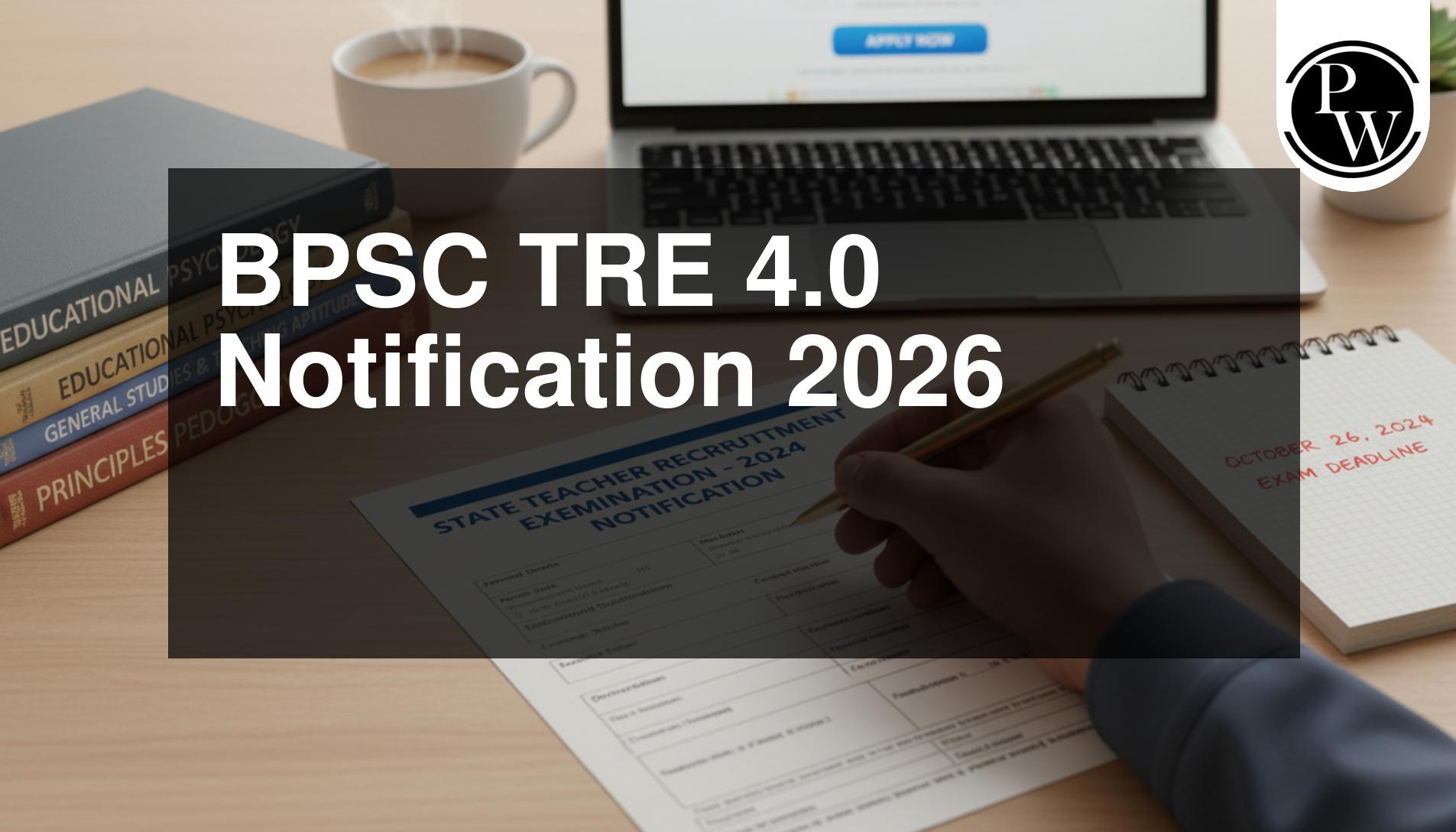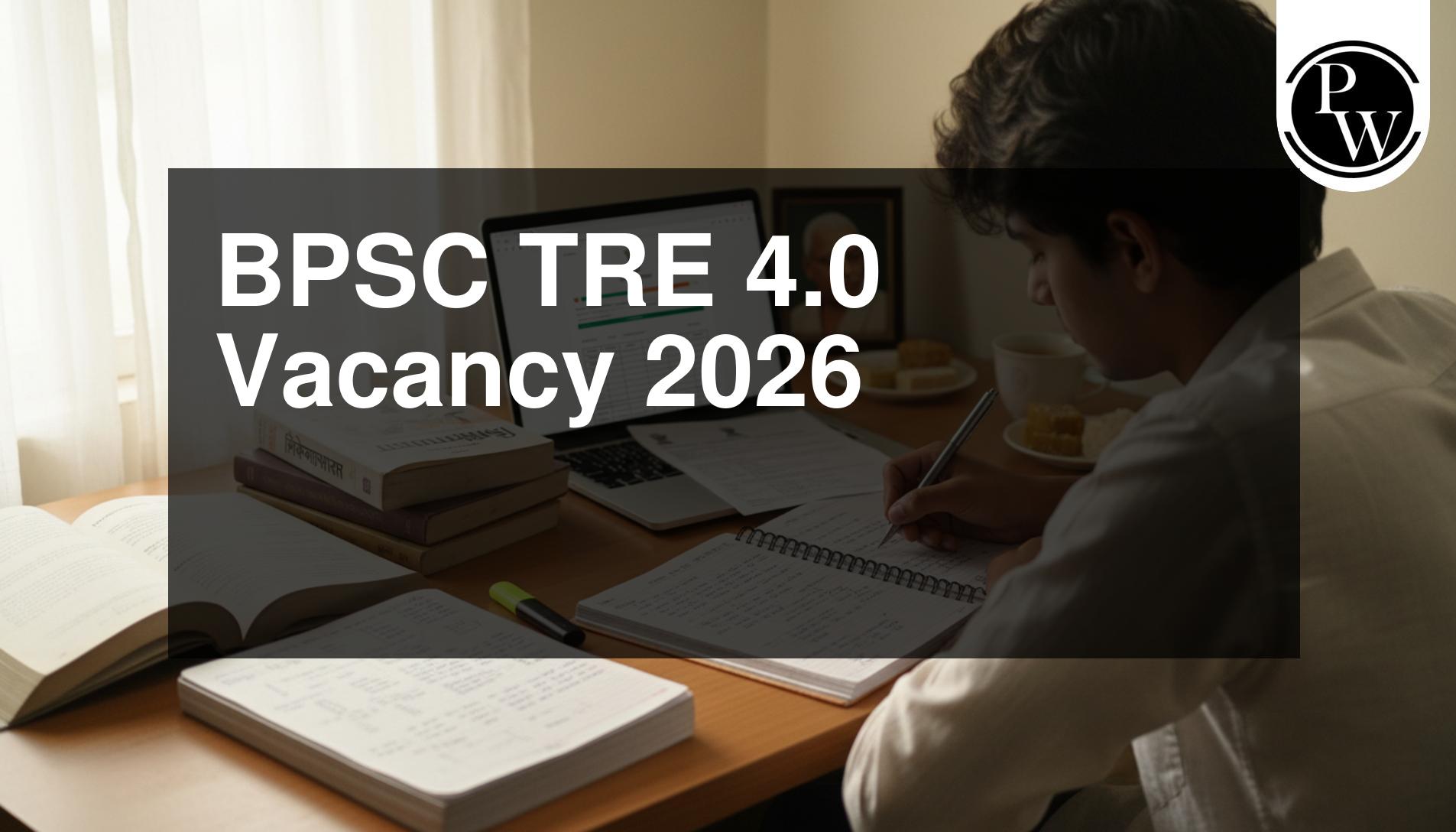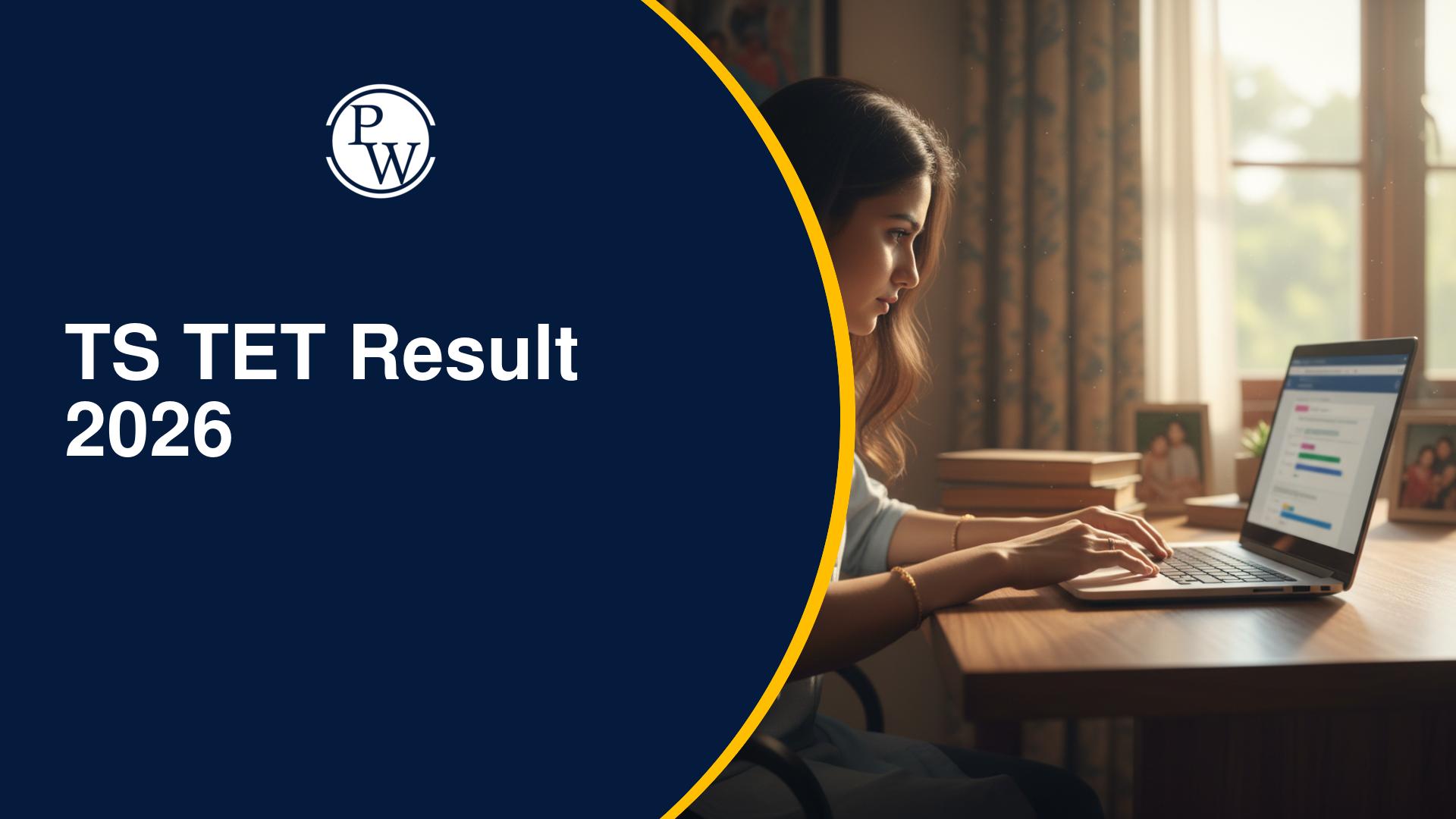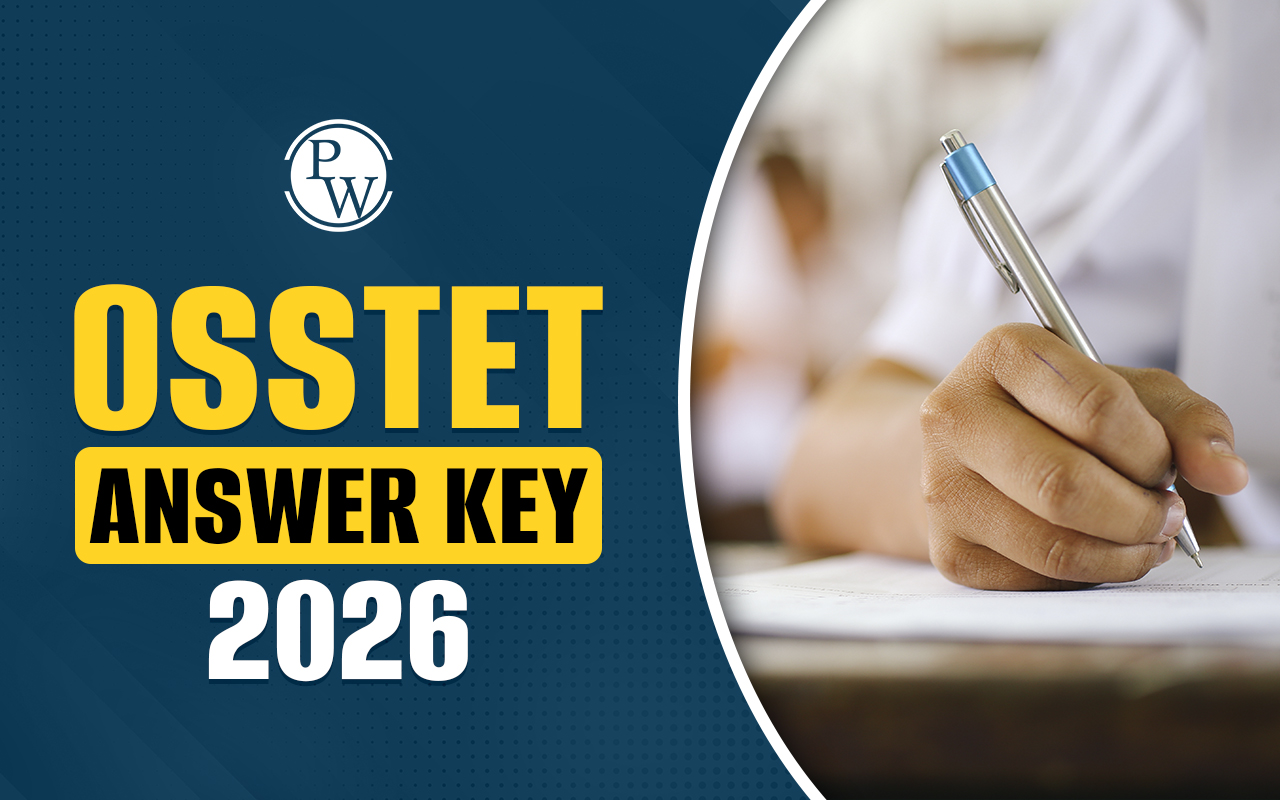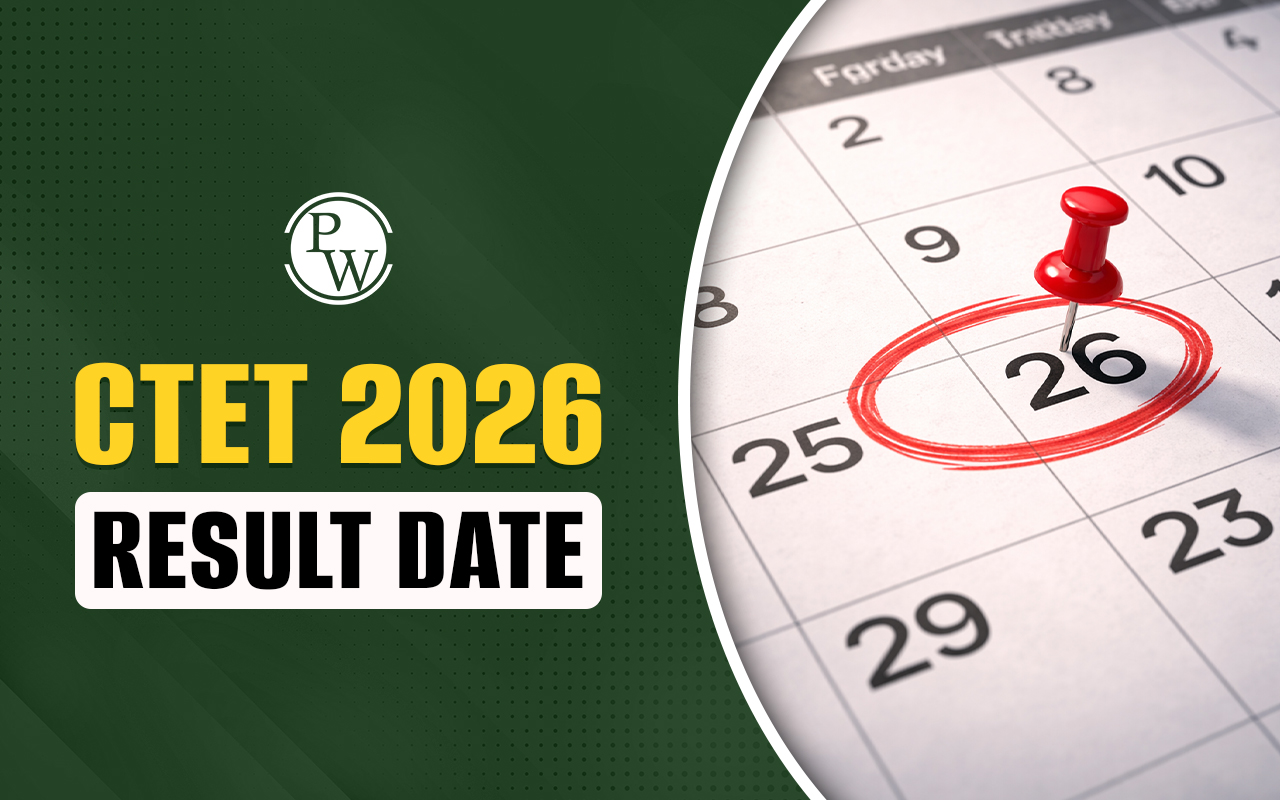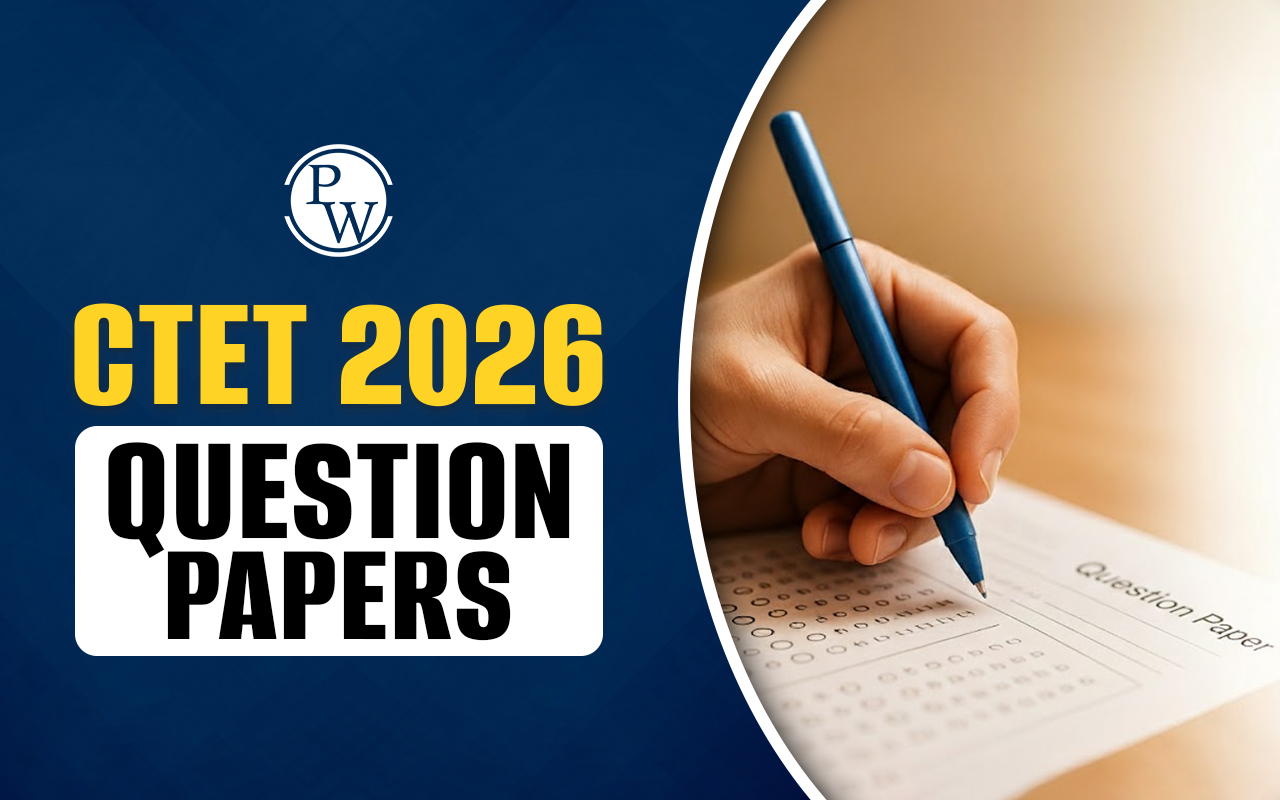
HPSC PGT Computer Science Teacher Syllabus 2025: The HPSC PGT Computer Science Teacher Syllabus 2025 is to evaluate the candidates seeking to teach computer science at the Haryana senior secondary level. The syllabus includes Educational Psychology, Pedagogy, General Awareness, Reasoning, Mental Ability, and in-depth Computer Science subjects like Python Programming, Data Structures, Operating Systems, Computer Networks, DBMS, Software Engineering, Digital Logic, Compiler Design, and Emerging IT Trends.
HPSC PGT Computer Science Teacher Syllabus 2025 Overview
The HPSC PGT Computer Science Teacher Syllabus 2025 covers various subjects and sections to assess candidates’ knowledge and teaching abilities. Below is a quick overview of the syllabus, including key details about the exam.
|
HPSC PGT Computer Science Teacher Syllabus 2025 Overview |
|
|
Feature |
Details |
|
Exam Conducting Body |
Haryana Public Service Commission (HPSC) |
|
Post Name |
Post Graduate Teacher (PGT) |
|
Category |
HPSC PGT Computer Science Teacher Syllabus 2025 |
|
Exam Stages |
Screening Test, Subject Knowledge Test, Interview |
|
Syllabus Sections |
Educational Psychology, Pedagogy, General Awareness, Subject-Specific Topics |
|
Exam Mode |
Offline (Pen & Paper) |
|
Question Type |
Objective (Screening Test), Descriptive (Subject Knowledge Test) |
|
Total Marks |
250 (Screening Test + Subject Knowledge Test) |
|
Interview Weightage |
12.5% |
|
Official Website |
HPSC Official Website |
HPSC PGT Computer Science Teacher Syllabus 2025
The HPSC Post Graduate Teacher Computer Science syllabus is based on the main topics of computer systems, programming (Python), networks, databases, algorithms, operating systems, and upcoming IT trends. It also incorporates educational psychology and pedagogy to equip the candidates with effective teaching skills. Below is the table explaining the units with its key topics.
|
HPSC PGT Computer Science Teacher Syllabus 2025 |
|
|
Unit |
Description |
|
Computer Systems and Organisation |
Fundamentals of computer organization: input/output devices, memory types (RAM, ROM, cache, secondary storage), motherboard, CPU, number systems (binary, octal, hexadecimal), Boolean algebra and logic gates, software types, and computer classifications. |
|
Computational Thinking and Programming |
Problem-solving and algorithmic thinking, basics of Python (syntax, variables, data types), control structures (if-else, loops), functions, recursion, data structures (lists, tuples, dictionaries, sets), string and file handling, error handling, and basic DS. |
|
Society, Law, and Ethics |
Cyber safety and security, identity protection, cyberbullying, cybersecurity concepts, intellectual property rights, copyright, digital footprint, plagiarism, IT Act 2000, and digital rights. |
|
Computer Networks |
Introduction to networks, types (LAN, MAN, WAN), topologies, protocols (HTTP, TCP/IP, FTP), Wi-Fi, Bluetooth, transmission media, IP/DNS/MAC addresses, and basics of network security. |
|
Database Management Systems (DBMS) |
Introduction to DBMS/RDBMS, concepts (tables, records, keys), SQL basics (SELECT, INSERT, UPDATE, DELETE, JOIN), normalization, transactions, concurrency control, and database security. |
|
Data Structures and Algorithms |
Arrays, linked lists, stacks, queues, trees (binary, BST), graphs (BFS, DFS), sorting (bubble, selection, insertion, merge, quick), searching (linear, binary), and time/space complexity. |
|
Operating Systems |
Functions and types of OS, process and memory management, file systems, deadlock, user/kernel modes, and scheduling. |
|
Software Engineering |
Software Development Life Cycle (SDLC), models (Waterfall, Agile, Spiral), requirements analysis, design, coding, testing, maintenance, CASE tools, software quality, and project management. |
|
Digital Logic and Circuits |
Logic gates, truth tables, combinational and sequential circuits (adders, multiplexers, flip-flops, counters), binary arithmetic, number system conversions, and Karnaugh Maps (K-Map). |
|
Theory of Computation |
Automata theory (DFA, NFA), regular expressions, context-free grammar, Turing machines, and concepts of decidability and computability. |
|
Compiler Design |
Compiler phases (lexical, syntax, semantic analysis), parsing techniques (LL, LR), syntax-directed translation, intermediate code, symbol tables, and error handling. |
|
Emerging Trends in IT |
Basics of AI and Machine Learning, IoT applications, blockchain, cloud computing (IaaS, PaaS, SaaS), VR/AR, and big data analytics. |
|
Educational Psychology and Pedagogy |
Child development, inclusive education, learning theories (behaviorism, constructivism, cognitivism), motivation, classroom management, assessment, evaluation, and ICT in teaching. |
HPSC PGT Computer Science Teacher Syllabus 2025 PDF
Candidates preparing for the HPSC PGT Exam 2025 can download the syllabus in PDF format. The syllabus is available for both the Mewat and ROH regions. Below is the direct download link for the subject. Click on the link below to download the syllabus.
HPSC PGT Computer Science Teacher Syllabus 2025 Common Sections
The HPSC PGT Computer Science Teacher Syllabus 2025 includes several common sections to assess candidates’ knowledge and teaching aptitude. Below is the detailed syllabus in a table format to help you prepare effectively.
|
HPSC PGT Computer Science Teacher Syllabus 2025 Common Sections |
|
|
Section |
Topics Covered |
|
Educational Psychology |
Concepts and Functions, Developmental Characteristics, Learning Principles, Mental Health |
|
Pedagogy |
Communication Skills, Teaching Models, Teaching Materials, Cooperative Learning |
|
General Awareness |
General Knowledge, Reasoning and Mental Ability, Logical and Analytical Reasoning, Basic Numeracy, Data Interpretation, Haryana Specific Questions |
HPSC PGT Exam Pattern 2025
The HPSC PGT Exam Pattern 2025 consists of three stages: a Screening Test, a Subject Knowledge Test, and an Interview. The Screening Test is objective, while the Subject Knowledge Test is descriptive. Candidates must secure the minimum qualifying marks to proceed to the next stage.
Preparation Tips to Cover HPSC PGT Computer Science Teacher Syllabus 2025
Preparing for the HPSC PGT Exam 2025 requires a smart study plan. Here are some easy and effective tips to cover the syllabus and perform well:
-
Go through the HPSC PGT Computer Science Teacher Syllabus carefully and note down the important topics.
-
Divide your time wisely for the Screening Test, the Subject Knowledge Test, and General Awareness.
-
Refer to NCERT books, subject-specific guides, and previous years' papers.
-
Solve mock tests and previous year papers to understand the exam pattern.
-
Keep revising key topics, formulas, and concepts to retain them better.
-
Since the Subject Knowledge Test is descriptive, practice writing answers..
-
Read current affairs, Haryana-specific news, and general knowledge for better performance.
HPSC PGT Computer Science Teacher Syllabus 2025 FAQs
What is the pattern of the HPSC PGT Computer Science exam?
What are the topics included in the HPSC PGT Computer Science Teacher Syllabus 2025?
What is the eligibility for HPSC PGT Computer Science Teacher?
Is there negative marking in the HPSC PGT Computer Science Teacher 2025 exam?

